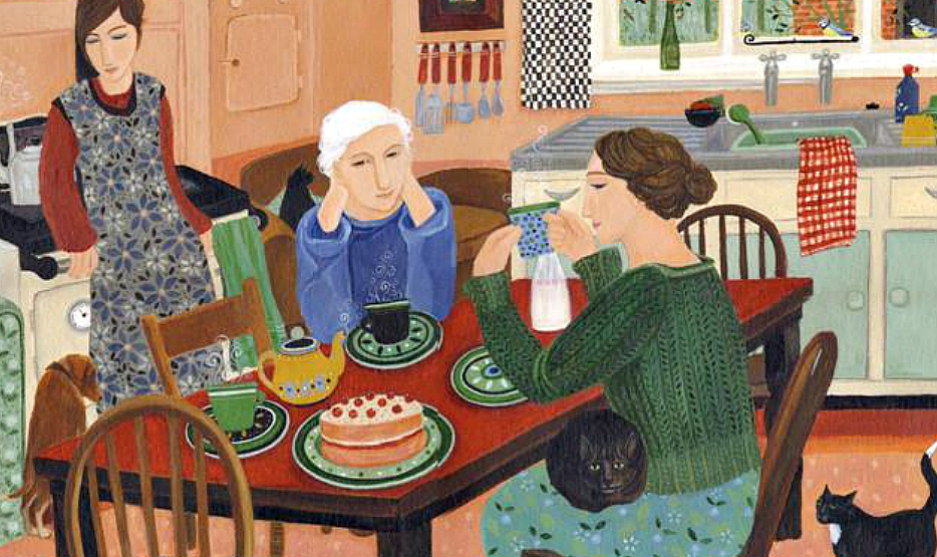
Annette Dauphin Simon first discovered the delights of found verse about a decade ago while working as a bookseller for an independent bookshop in Florida.

Unfinished Business You Are a Beautiful Beginning
One rainy Sunday afternoon, during a lull following a rush of customers, she and a colleague looked at the stacks of books lying in disarray around the store. After laughing at the random arrangement of titles resulting from genres mingling together, they came up with their own game of “rearrangements.”

The Trouble With Poetry Nothing Rhymes with Orange
Science fiction + business. History + mystery. A book from here with a book from there. Creating these collages from other people’s words was so much fun. Since some of their new constructions appeared poem-like, they called them “found verses,” not knowing at the time that it’s a recognized form of writing dating back to the 1920s.

While You Were Napping The Bear Ate Your Sandwich It Wasn't Me Dragons Love Tacos
Well, Annette was hooked. She shared new verses with her colleagues on a regular basis and documented her spine poetry with her camera. She shared her poems on social media and even turned some of them into greeting cards.
Continue reading












